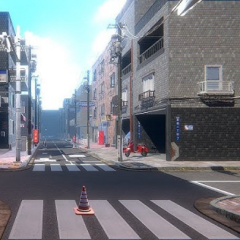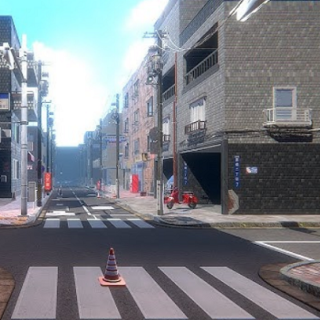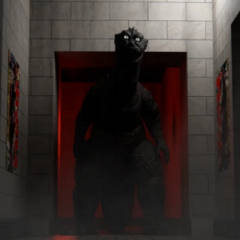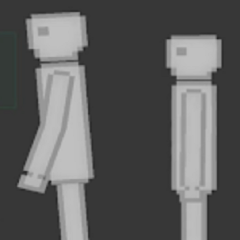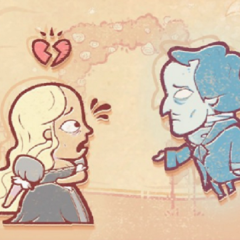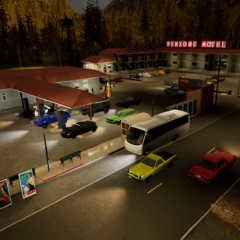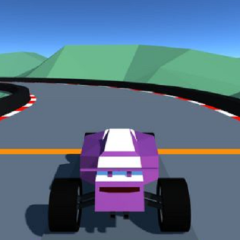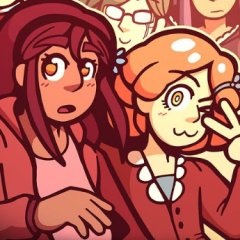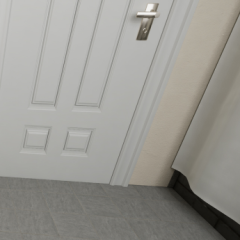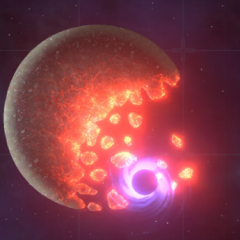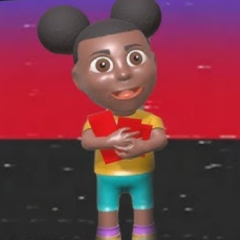Make Good Choices is a short, focused walking simulator where the player must reach home by crossing a single street. What begins as a simple task quickly becomes layered with uncertainty. The street appears deserted, yet every step feels watched. Objects shift, shadows stretch, and the environment offers no clear explanation. The player must move forward, one decision at a time, while the path constantly suggests that turning back—or straying from it—is not an option.
Design and Psychological Pressure
The game provides no save points and no guidance. Each run through the street is a continuous experience, relying on the player’s instinct and attention to detail. Visual cues are subtle—flickering lights, distorted reflections, or sounds without sources. There are no traditional puzzles or combat, but the threat of jumpscares and the unpredictability of each step keep the player alert. The tension builds from the ordinary, using timing, minimalism, and isolation rather than spectacle.
Pacing and Replay Behavior
Depending on the player’s pace and reaction to stress, Make Good Choices can take under an hour—or longer if hesitation sets in. The lack of checkpoints raises the stakes, as mistakes force a full restart. While the game can be completed in a single sitting, the uncertainty of hidden events and alternate behaviors may lead some players to replay it. The title becomes literal, as progress depends entirely on caution, timing, and the decisions made under growing pressure.

